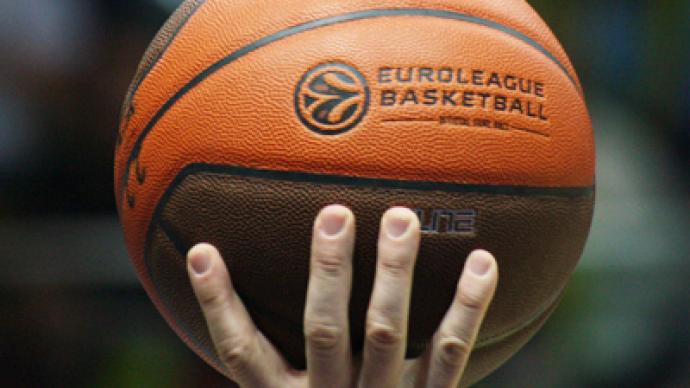In a meeting held on Friday October 6, EuroLeague clubs got together in a working group session to analyse FIBA’s calendar proposal, and unanimously concluded the following:
1.It is FIBA’s and the national federations’ responsibility and obligation to organise national team competitions and official qualifying games at the highest standards possible involving the best players, coaches and officials, to meet fan expectations and grow the sport of basketball globally.
2.EuroLeague clubs have always supported every national team competition that has met these basic standards and will continue doing so.
3.FIBA’s proposal does not solve the main problems of the ‘FIBA 2017 calendar’ that FIBA has approved and plans to impose without prior due diligence nor agreement with clubs. Instead, the proposal creates additional difficulties:
a.It does not solve the most central problem, as not all players will be available for official national team games (for example those from major North American competitions), therefore damaging the product, failing to meet fan expectations, placing some national teams at a competitive disadvantage, while discriminating among players of the same nationality
b.It increases the travel and game frequency load on players, forcing them to play numerous games in a reduced time period without rest days, causing excessive accumulated journey times which in some cases surpass the 30-, 40-and 50-hour marks for both European and non-European players, therefore increasing the risk of fatigue and injury
4.In light of the motives expressed above, EuroLeague clubs will not submit a 2017-18 calendar change proposal to an ECA Shareholders Meeting.
5.EuroLeague clubs consider unfortunate that FIBA’s first ever proposal arrived five years after Euroleague Basketball’s original attempt to find an agreement.
However, they continue their ongoing commitment to maintain an open dialogue with a view to reaching a broad and long-term agreement with FIBA that regulates the relationship and responsibilities between the international federation, EuroLeague and EuroCup clubs. Such agreement should include the definition of a national team calendar amongst several other important topics, setting the basis for a true collaboration that takes European basketball and all of its professional offerings to much greater heights in a coordinated effort.
Press release EuroLeague
CEO de Piratas del Basket
twitter personal: @raainaga
twitter web: @piratasbasket
bsky web: piratasdelbasket.bsky.social
facebook web: Piratas del Basket
mail: redaccion@piratasdelbasket.net
